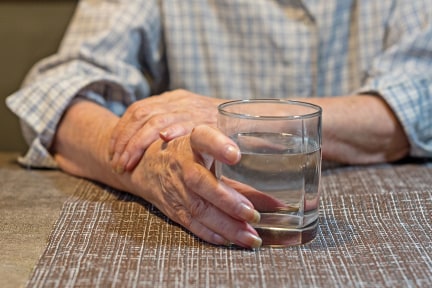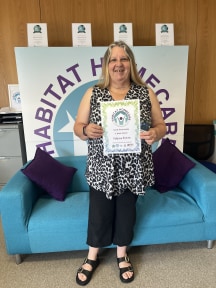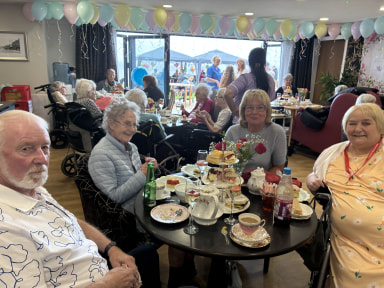Adapting Your Home for Ageing in Place

As we age, our homes may need to be modified to accommodate changing needs and abilities. The goal of ageing in place is to allow older adults to live safely and comfortably in their own homes for as long as possible. With the right home modifications and assistive devices, families can create a supportive environment that promotes independence and quality of life.
The Role of In-Home Care and Caregivers For many seniors, ageing in place wouldn't be possible without the assistance of professional in-home caregivers. These dedicated individuals not only provide personal care and support but can also play a crucial role in identifying potential hazards in the home and recommending appropriate modifications.
Caregivers work closely with the care recipient, their family, and other healthcare professionals to assess the specific needs and develop a plan for adapting to the home environment. This collaborative approach ensures that the modifications made truly enhance the individual's safety, comfort, and autonomy.
Home Modifications for Accessibility and Safety Several home modifications can be made to improve accessibility and reduce the risk of falls and other accidents. Some common adaptations include: • Installing ramps, grab bars, and non-slip surfaces in bathrooms and entryways • Widening doorways and hallways to accommodate wheelchairs or walkers • Installing stair lifts or elevators for multi-level homes • Replacing traditional bathtubs with walk-in showers or tub-to-shower conversions • Improving lighting throughout the home, especially in high-traffic areas Assistive Devices for Daily Living In addition to home modifications, various assistive devices can help seniors maintain their independence and participate in daily activities. These devices can be recommended and demonstrated by caregivers or occupational therapists: • Mobility aids, such as walkers, wheelchairs, or canes • Dressing aids, like button hooks, zipper pulls, and long-handled shoe horns • Bathroom safety equipment, including raised toilet seats, grab bars, and shower chairs • Kitchen aids, like reaching tools, jar openers, and adaptive utensils • Communication devices, such as amplified phones or voice-activated assistants
Adapting to the home environment is an ongoing process that may require adjustments as an individual's needs change over time. Regular reassessments by caregivers and healthcare professionals can ensure that the home remains a safe and supportive space for ageing in place.
By working together, families, caregivers, and medical professionals can create a personalized plan that combines home modifications and assistive devices, empowering seniors to maintain their independence, dignity, and quality of life in the comfort of their own homes.
If you are looking for a reputable and reliable home care service provider in Wigan and surrounding areas, you can visit the Global Lifelines website and learn more about their personalised, flexible, and affordable care solutions for seniors, disabled people, and people with chronic conditions.
Contact Global Lifelines Healthcare today and get a free consultation and quote for your home care needs. Call: 07508136207 or 01613883549 Email: homecare@globallifelines.co.uk Web: www.healthcare.globallifelines.co.uk
click here for more details or to contact Global Lifelines Homecare
Latest Care Provider & Regulatory News
 12-Aug-25
Staying Safe in Hot Weather: Home Care Tips for Older Adults
12-Aug-25
Staying Safe in Hot Weather: Home Care Tips for Older Adults
 12-Aug-25
Happy 4-Year Work Anniversary, Trish!
12-Aug-25
Happy 4-Year Work Anniversary, Trish!
 12-Aug-25
Going above and beyond
12-Aug-25
Going above and beyond
 12-Aug-25
Radfield home Care stand and support 999 emergency services
12-Aug-25
Radfield home Care stand and support 999 emergency services
 12-Aug-25
Spot the Signs: Community Dementia Workshop
12-Aug-25
Spot the Signs: Community Dementia Workshop